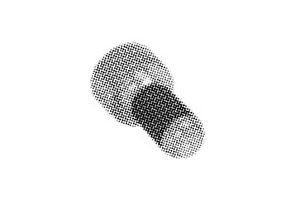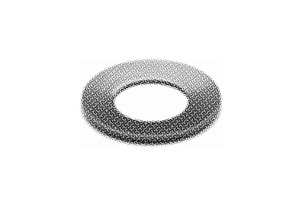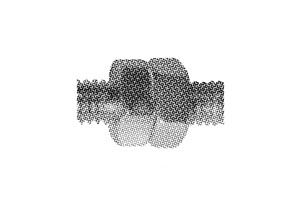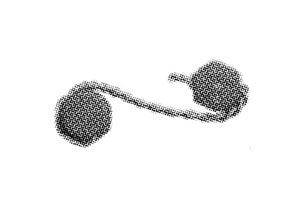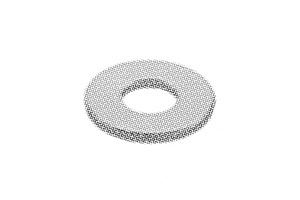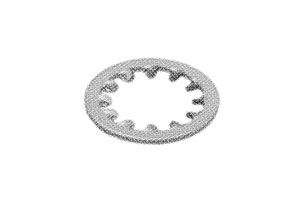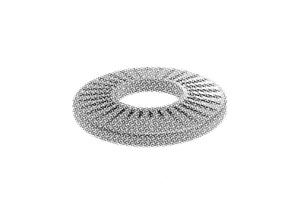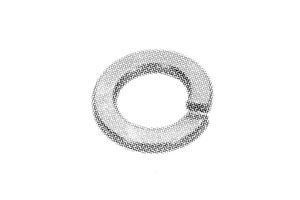Your result
Locking ability |
1 out of 5 |
Reusability |
Not Applicable |
Worker safety |
4 out of 5 |
Initial cost |
Low |
Lifetime cost |
High |
How did we calculate?
Are tooth lock washers effective
against bolt loosening?
Tooth lock washers (electrical contact washers) are designed to prevent bolted joints from loosening using friction. Similarly to serrated washers, tooth lock washers feature teeth-like-serrations either internally or externally. They are installed between the bolt head/nut and the mating surface, and the bolted joint is then tightened in the same way as an unsecured nut. When the bolted joint is tightened, these teeth bite into the mating surface.
These washers work best with soft surfaces as hard surfaces will flatten the teeth – preventing them from successfully biting into the surface and securing the joint.
Read the full version in the eBook "Why do bolts loosen?"
(A comparison between common bolt securing options)
Scroll down to access the ebook.

Which bolt locking product should I use?

- Pros & Cons of different bolt locking methods
- A Guidance for Selection, to help you decide which product to use in your applications
Get the free eBook
DO YOU REGULARLY NEED TO CHECK IF YOUR BOLTS AND NUTS ARE STILL TIGHT?
The biggest challenge for a bolted joint, causing it to lose preload and fail, is spontaneous loosening often caused by vibrations. This Junker test shows all 5 nuts rotated loose! A steep decline in the graph indicates a failure. Read more about the Junker Test.

